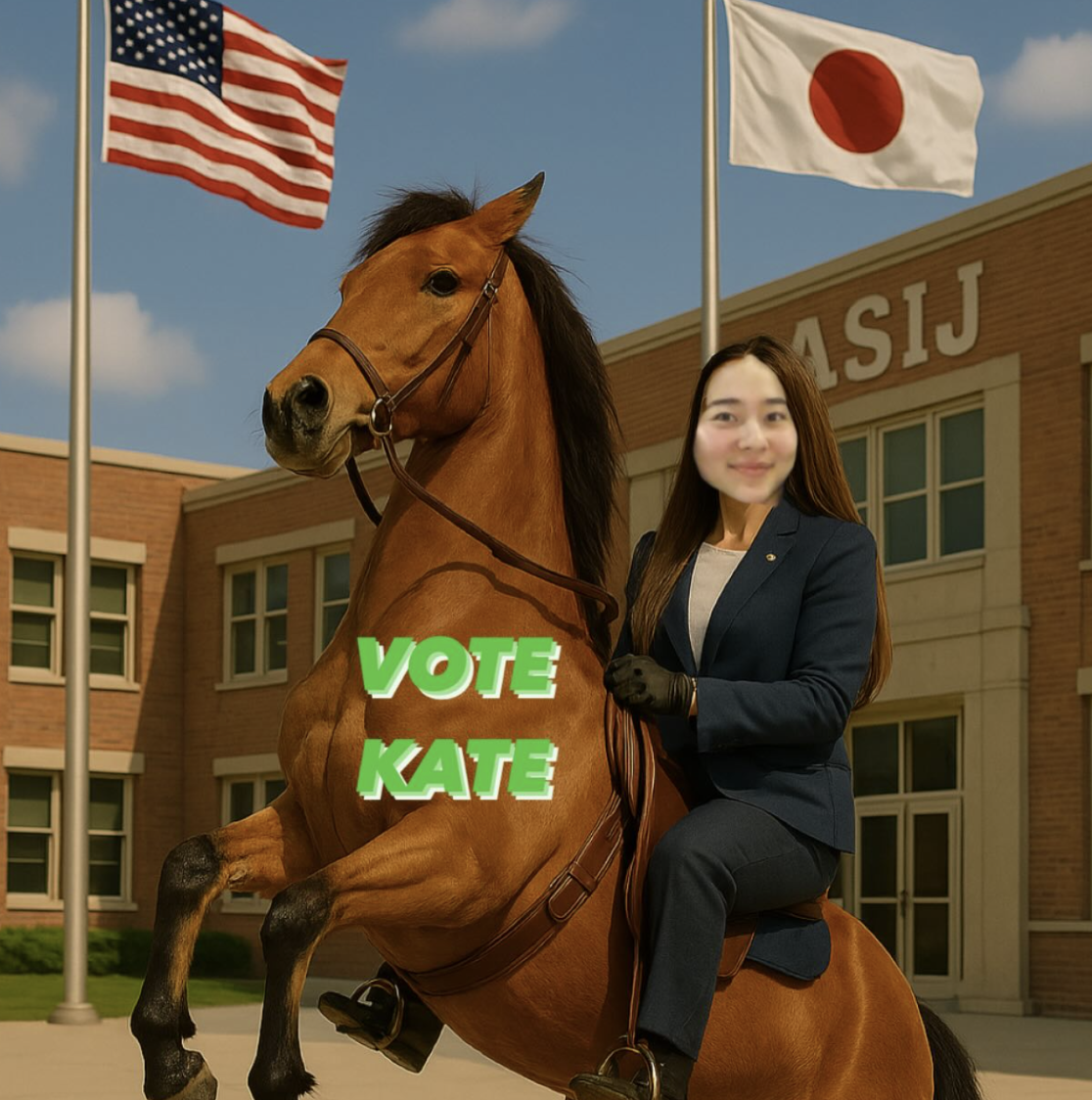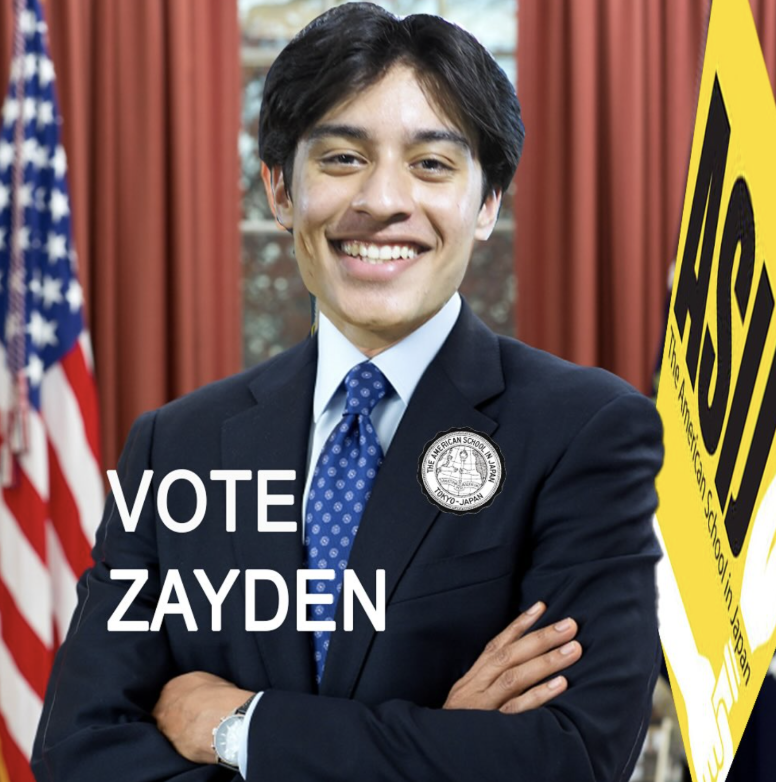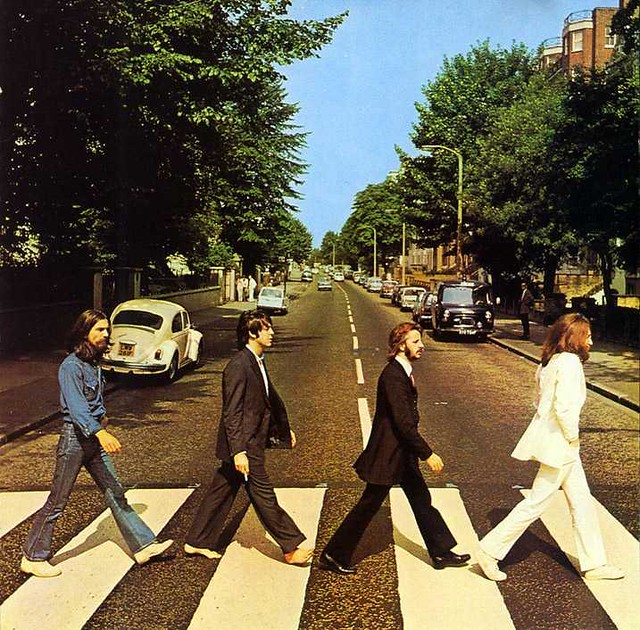On Humor
April 13, 2023
Humor is like a fine wine: Best enjoyed with friends, it leads to a headache when pondered upon in excess. But what makes something funny? What is the essence of goofiness? Philosophers have attempted to answer this question for centuries, and have developed several theories of humor.
One popular theory is the incongruity theory. It posits that comedy is created when there is a difference between what we expect to happen and what actually happens. Take, for example, the 2016 presidential election. Most people expected Hillary Clinton to win, but instead, Americans got Donald Trump. The unexpected twist is what made us laugh or cry, depending on who you ask. Another example of the incongruity theory of humor happened to me two weeks ago, when a math exam taught me both laughing and crying at the same time were possible.
Another theory of humor is the superiority theory, which suggests that humor arises from our tendency to feel superior to others. This theory suggests that we find things funny when they make us feel smarter, more successful, or more powerful than others. For example, a joke about a clumsy person might make us feel superior because we are not as clumsy as them. This theory can be seen in a lot of stand-up comedy, where comedians poke fun at their own flaws and vulnerabilities to make the audience feel better about themselves. Self-deprecation: the millennial’s form of therapy.
The relief theory of humor posits that humor is a way to release tension and pent-up emotions. This theory suggests that we find things funny because they allow us to let go of stress and anxiety. For example, a joke about a stressful situation at work might help us to feel more relaxed and less overwhelmed. This theory is often used in comedy as a way to address serious issues in a lighthearted way. Often, this can instigate more problems than mend. My own stand-up career began–and ended–with Fluffy’s funeral in fifth grade.
The incongruity, superiority, and relief theories of humor are just three philosophical theories that attempt to explain why we find things funny. Of course, humor is subjective, and what one person finds funny might not make another person laugh. Some people love puns, while others think they’re the lowest form of comedy. Some people love physical comedy, while others prefer clever wordplay. And then there are those people who laugh at their own jokes and think they’re hilarious (heehee!), while everyone else just rolls their eyes. Taylor Swift said it the best: “Haters gonna hate.”
But here’s the thing about humor—it’s a universal human experience. Across cultures and time periods, people have found ways to make each other laugh. From slapstick comedy to satire, humor has the power to bring people together and break down barriers.
However, humor can also be offensive. Some people find racist jokes or sexist humor funny, but those jokes perpetuate harmful stereotypes and hurt marginalized communities. The line between funny and offensive should always be drawn, erring on the side of kindness and respect.
In the end, humor is complex and multifaceted. But if you can make someone laugh, you’ve done your job. And if you can make them laugh so hard they snort the fine wine out of their nose, you’ve achieved comedic greatness.
So, let’s keep laughing, folks, because life is just too darn short not to. And whether you find humor in incongruity, superiority, relief, or something else entirely, the most important thing is to find joy in life’s absurdities and share that joy with others.
Stay goofy.





















Hiro • Jun 1, 2023 at 8:55 AM
This article about humor was very good. The information in here is emphasized. This can help me have more humor to laugh my friends, and have a better life.
Oliver Nelson • May 31, 2023 at 10:48 AM
I enjoyed the different perspectives you took from other people; in many places in your article, you took examples from comedians. It was interesting how many different kinds of humor you brought up. This taught me something new, and it was enjoyable to read!
Joel Hutcherson • May 31, 2023 at 10:46 AM
I did not think about the reason for humor, the kernel that makes something funny. While reading this article I realized that humor has many faces and is complicated, but as the author wrote, if you make someone laugh, you’ve done your job. I also really liked the fine wine analogy in the beginning, and snorting out fine wine from laughing too hard.